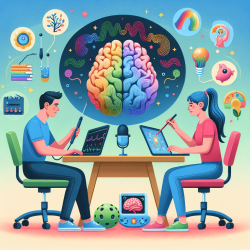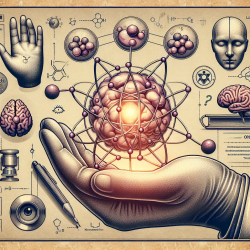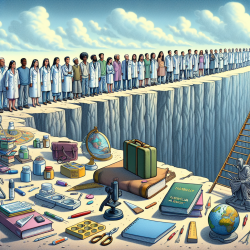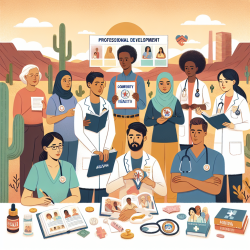Inspiring the Future: Lessons from Dr. William Harry Hannon's Legacy
In the realm of public health and newborn screening (NBS), few names resonate as profoundly as Dr. William Harry Hannon. His career, spanning over four decades, was marked by transformative contributions to the field of public health laboratory science. For practitioners in speech-language pathology and related fields, Dr. Hannon's legacy offers invaluable insights into the power of dedication, collaboration, and innovation.
Embracing a Data-Driven Approach
Dr. Hannon's work was characterized by a rigorous, data-driven approach. His efforts in harmonizing and standardizing NBS methods underscore the importance of precision and consistency in clinical practice. As speech-language pathologists, we can draw parallels to our own field, where evidence-based practice is crucial for achieving optimal outcomes. By integrating robust data analysis into our assessments and interventions, we can ensure that our therapeutic strategies are both effective and efficient.
Fostering Collaboration and Inclusion
One of the hallmarks of Dr. Hannon's career was his commitment to collaboration. He often included colleagues with complementary expertise in his projects, ensuring a comprehensive approach to problem-solving. For practitioners, this serves as a reminder of the value of interdisciplinary collaboration. By working alongside other professionals, such as educators, psychologists, and medical practitioners, we can provide holistic support to our clients and contribute to their overall well-being.
Innovating for Impact
Dr. Hannon's pioneering work in developing the Newborn Quality Assurance Program (NSQAP) at the CDC exemplifies how innovation can drive significant advancements in public health. His efforts in creating proficiency testing and training programs have had a lasting impact on NBS systems worldwide. For speech-language pathologists, this highlights the importance of staying abreast of new technologies and methodologies. By embracing innovation, we can enhance our practice and better serve the needs of our clients.
Encouraging Lifelong Learning
Dr. Hannon's career was marked by continuous learning and adaptation. Even in retirement, he remained actively involved in advancing NBS. This dedication to lifelong learning is a valuable lesson for practitioners. Engaging in ongoing professional development, attending conferences, and participating in research can help us stay informed about the latest developments in our field and refine our skills.
Conclusion
Dr. William Harry Hannon's legacy is a testament to the profound impact that one individual can have on public health. By embracing his principles of data-driven decision-making, collaboration, innovation, and lifelong learning, speech-language pathologists can enhance their practice and contribute to the betterment of public health. As we reflect on his achievements, let us be inspired to pursue excellence in our own careers.
To read the original research paper, please follow this link: William Harry Hannon—A Life Well Lived.










